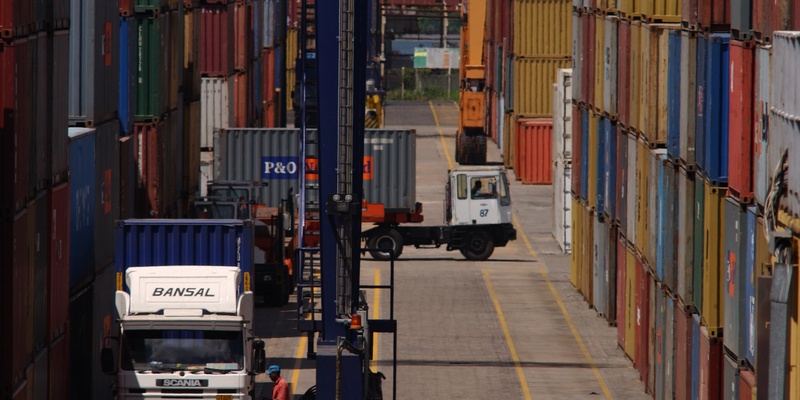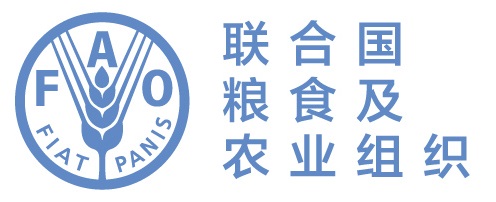Movement of contaminated sea containers continue to raise international concern
Posted on Fri, 19 Mar 2021, 11:46

©FAO/Giuseppe Bizzarri
Rome, 18 March 2021. Sea containers has become one of the most engaging topics at the fifteenth session of the Commission on Phytosanitary Measures (CPM-15).
Sea containers and their cargoes may act as vectors for invasive pests. If introduced to new areas through international trade pathways, these invasive pests harm plants, threaten agriculture and contribute to food insecurity. All life stages of invasive pests such as insects, mites, snails, slugs and invasive plants themselves, can readily be transferred to a new location. They are transported either inside or outside of the container as insect egg masses, bird droppings, soil containing weed seeds, and disease-causing microbes that could have consequential effects on the environment and economy of the trading countries. Thus, adopting effective cleaning practices and treatments of containers is crucial to help prevent the spread of plant pests and diseases worldwide.
In 2017, a Sea Container Task Force (SCTF) was established by the twelfth session of the Commission on Phytosanitary Measures (CPM-12) to facilitate and guide the efficient implementation of the CPM endorsed Complementary Action Plan for assessing and managing pest threats linked with sea containers. In July 2020, understanding the importance clean sea containers have on international trade, the CPM Bureau extended, on behalf of CPM, the mandate of the SCTF until the end of 2021.The SCTF requested National Plant Protection Organizations (NPPO) perform a global sea container survey and submit results to the International Plant Protection Convention (IPPC) Secretariat for evaluation.
The fifteenth Commission on Phytosanitary Measures (CPM-15) agreed to communicate to contracting parties the value of carrying out sea container surveys in accordance with the IPPC Guidelines on Sea Container Surveys for National Plant Protection Organizations (NPPOs), and encouraging the submission of any related information to the IPPC Secretariat once any survey is executed. The Commission also encouraged NPPOs to contact their national contact points of the International Maritime Organization to ensure they support the inclusion of the sea container cleanliness among criteria for the IMO’s Cargo Transport Units Inspection Programmes.
The CPM-15 also confirmed key objectives for the SCTF to pursue during the remainder of its mandate and to present an updated report to the sixteenth Commission on Phytosanitary Measures (CPM-16) in 2022. Accomplishments made by the SCTF were approved by the Implementation and Capacity Development Committee (IC) and noted by the CPM-15 as it continues to raise awareness of phytosanitary risks associated with the movement of sea containers. Hence, under the direction of the IC, the SCTF is asked to outline relevant core aspects for inclusion in a potential revision of the CPM Recommendation on Sea Containers (R-06) and a potential International Standard for Phytosanitary Measures on sea containers, recognizing that the CPM-16 will determine whether to proceed with further development of either approach. In addition, the SCTF was requested to develop any other considerations, recommendations or options that CPM-16 may wish to take into account and to develop a draft Terms of Reference for a prospective CPM Focus Group which would be charged with arranging a possible 2022 workshop/consultation or any other tasks which CPM 16 decide.
By keeping containers and their cargoes clean and taking recommended actions at critical interchange points, countries and relevant actors involved in the international supply chain can seriously help minimize visible pest contamination and protect plant health globally.

